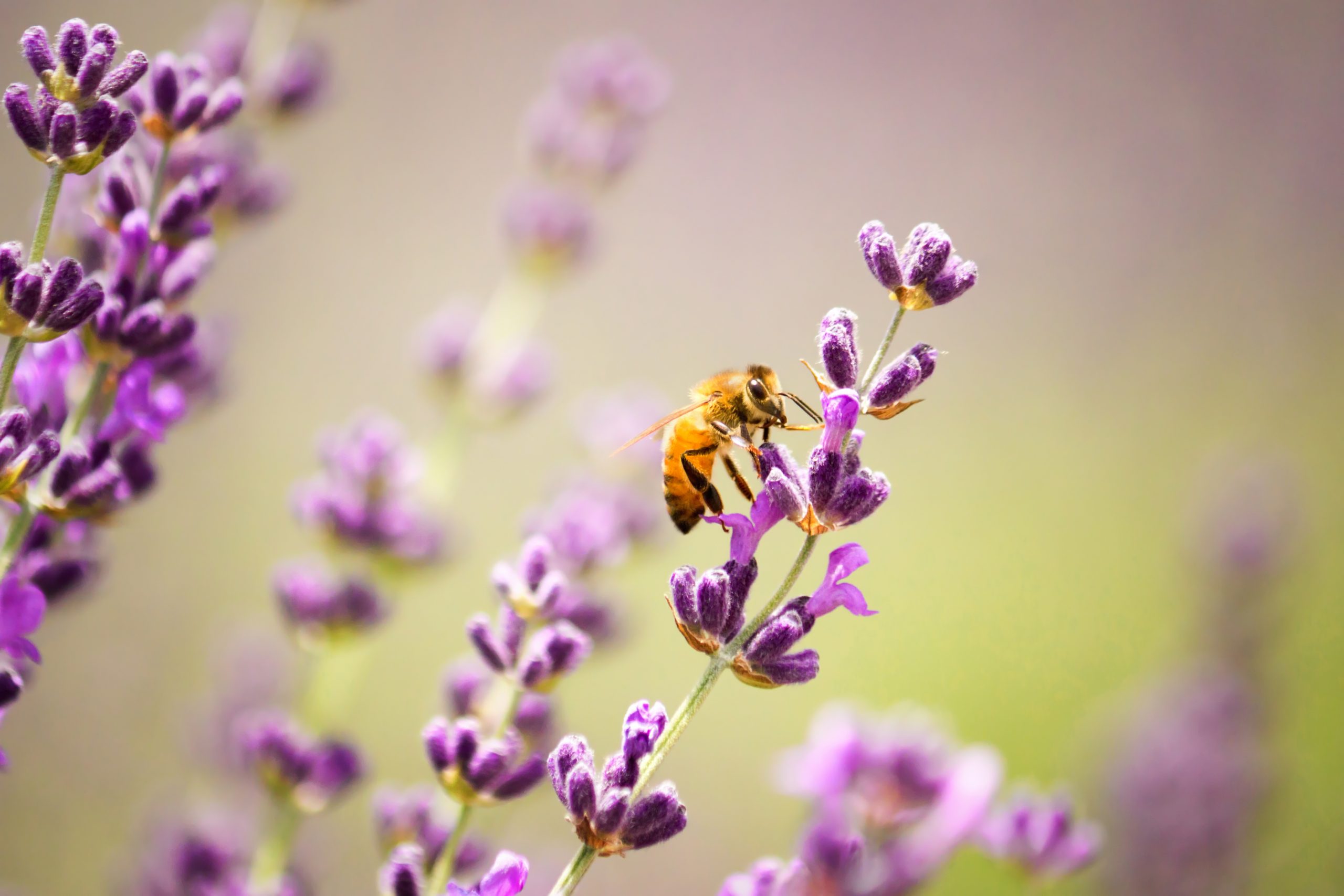Student Studying Allergies Through Bee Pollen
October 17, 2016
What does the study of bees have to do with pollen variations and season allergies? Cassandra Darnell, a science major, is conducting an ongoing independent study of the honeybees she brought to Penn State Berks in order to find out. In the spring of this year, Darnell set up four hives on Berks campus---two of the bee boxes had established colonies, each with ranks of 50,000, and two additional colonies specifically for the project, each with 10,000 members.
Over the warmer months, Darnell went to the campus regularly to collect pollen from the bees. Then, she conducted examinations with Greglynn Gibbs, a research support technician at the school. Gibbs is there to assist Darnell with identification of the different types of pollen, using a high definition microscope and camera to capture images.
“In the spring, I collect a lot of different types of tree pollen from the bees, and then there was a limited amount during the summer dearth,” Darnell said. The summer dearth is a period when nectar is scarce due to limited flowering seasons, drought, as well as many other conditions, all of which affect honeybees out harvesting nectar for honey. “It’s very interesting to analyze which flowers the honeybees are collecting pollen from...and see how that changes from season to season,” Gibbs said.
“It’s fascinating to see what the bees are collecting versus what we’ve collected through the air. The bees are focused on specific flowers, and they know exactly where to go.” Honeybees travel from flower to flower, collecting nectar and pollen, which aides in the distribution and life of plants. Both stick to the bees' hind legs, while they secrete a sticky fluid from their bellies that helps pack the pollen into granules for transportation.
Bees carry one to two granules at a time and travel back and forth to feed the pollen to the young and the rest of their hive. In order to collect the bee pollen, beekeepers attach a small screen in the doorway of the hives. This allows bees to enter and exit while removing the pollen from their legs harmlessly. They only take small amounts or risk starving the bees---something neither Darnell nor Gibbs wants.
Darnell’s next step is to save enough money to buy four more boxes on the opposite side of the campus to compare and contrast the pollen collected. She plans to do this for an entire year. "I hope that having the bees on campus might inspire Penn State Berks students to take up beekeeping or start a beekeeping club," she said. "I would be happy to help anyone interested in getting started with this fascinating hobby."


.jpg)




